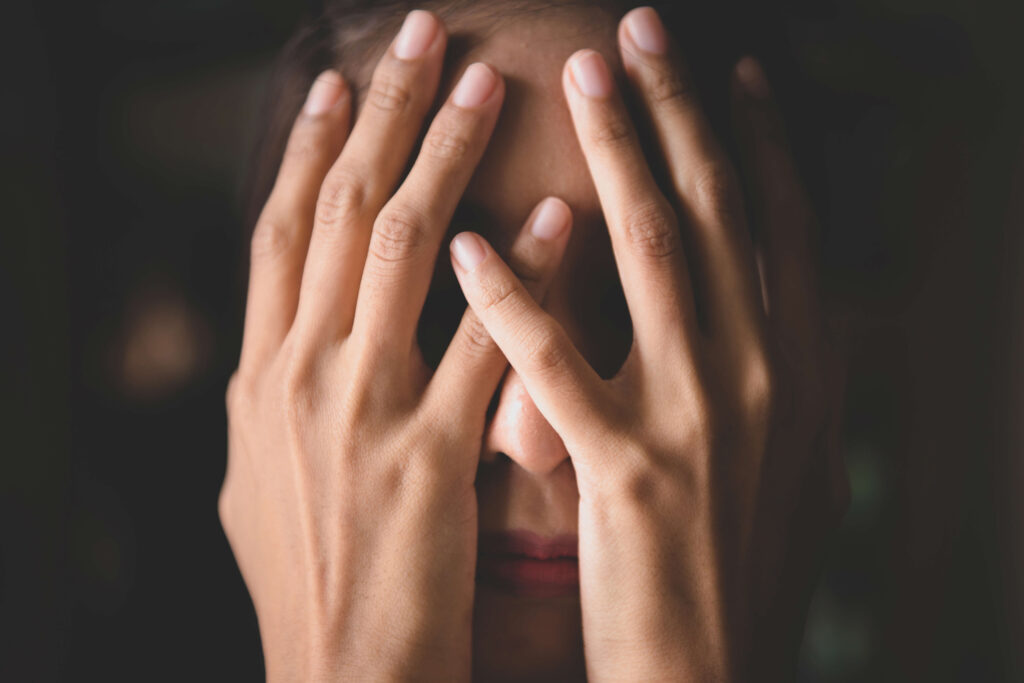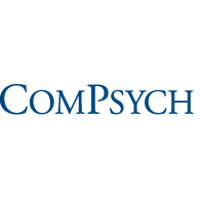
Couples Detox in California: Starting Recovery Together, Safely & Professionally
Published: January 26, 2026
Updated: January 26, 2026
When couples search for couples detox, it’s usually not because everything is falling apart all at once. More often, it’s because things have quietly become unmanageable together. Substance use has started to shape daily life, communication feels strained, and attempts to quit at home haven’t worked. One partner may be ready for help before the other—or both may want to stop, but fear what withdrawal, separation, or disruption might bring.

Couples Rehab Facilities in California: What to Look for & How Crosspointe Recovery Stands Out
Published: January 26, 2026
Updated: January 26, 2026
When couples search for couples rehab facilities, they’re usually not looking for a generic program that treats two people the same way. They’re looking for a place that understands how addiction affects relationships, how partners influence each other’s recovery, and how healing works best when both individuals are supported—without losing their own treatment focus. Not all couples rehab facilities are designed that way. At Crosspointe Recovery, couples are welcomed into

What Is Dependent Personality Disorder (DPD)?
Published: January 26, 2026
Updated: January 26, 2026
Some people enter recovery with a quiet but persistent feeling that they’ve lost themselves somewhere along the way. They talk about always needing someone else to lean on. About shaping their lives around partners, friends, or family members just to feel emotionally steady. About fear that doesn’t always show up as panic, but as compliance: If I don’t upset anyone, maybe I’ll be okay. For many, these patterns aren’t random.

Seasonal Affective Disorder (SAD): Recognizing the Symptoms
Published: December 11, 2025
Updated: December 11, 2025
Seasonal Affective Disorder (SAD) is more than feeling down during the winter months. It is a clinically recognized form of depression that follows a seasonal pattern and can significantly affect emotional well-being, daily functioning, and recovery progress. Recognizing the symptoms early is a critical first step toward getting the right support. According to the National Institute of Mental Health (NIMH), SAD most commonly begins in the fall or winter when

Seasonal Depression vs. the Winter Blues: When to Seek Professional Help?
Published: December 11, 2025
Updated: December 11, 2025
As the days grow shorter and sunlight becomes limited, many people notice changes in mood, energy, and motivation. While it’s common to feel less energetic during the winter months, not all seasonal mood changes are the same. Understanding the difference between the winter blues and Seasonal Affective Disorder (SAD) is essential—especially for individuals managing mental health conditions or working toward recovery. What Are the Winter Blues? The winter blues describe

Psychologist vs. Therapist: What’s the Difference?
Published: November 19, 2025
Updated: November 19, 2025
When you’re finally ready to get help, it can feel like you’ve stepped into an alphabet soup: “Do I need a psychologist? A therapist? A counselor? Does it even matter?” The short answer: yes and no. Yes, there are real differences between a psychologist and a therapist. But no, you don’t have to figure this out alone—especially if you’re coming to a place like Crosspointe Recovery, where we build a














